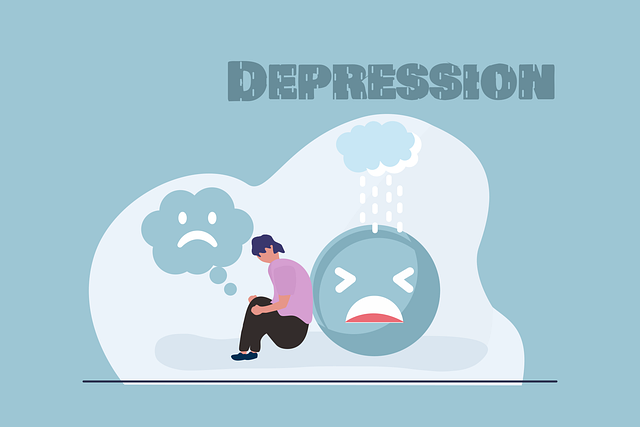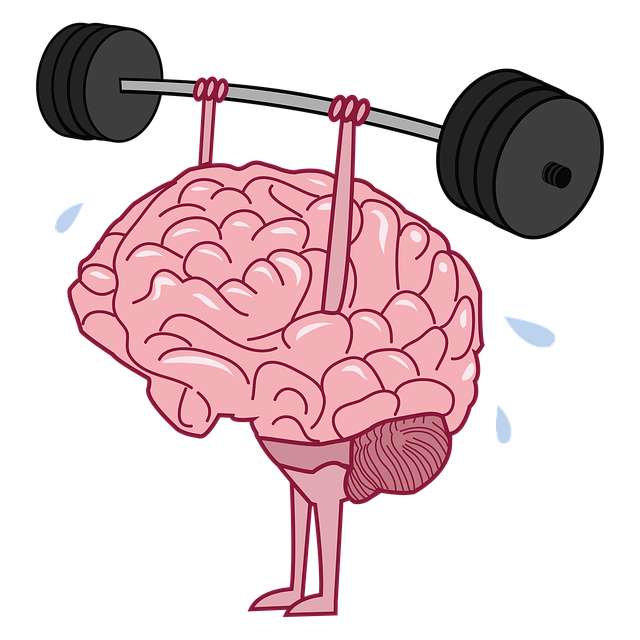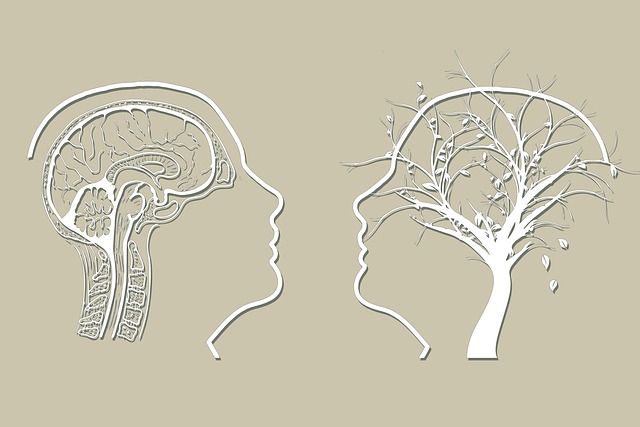In Colorado Springs, chronic stress can severely impact mental health, but Cognitive Processing Therapy (CPT) offers a powerful solution. CPT identifies and challenges negative thought patterns, helping manage trauma-related conditions and improving overall well-being. By combining interventions like Social Skills Training with policy advocacy for accessible stress management, the community promotes holistic mental health care. Specifically, Colorado Springs Cognitive Processing Therapy equips individuals with coping strategies through exposure therapy and cognitive restructuring, fostering emotional stability and resilience among students through personalized techniques in educational settings.
Stress management is a vital skill in today’s fast-paced world. This comprehensive guide explores effective techniques, focusing on the transformative power of Colorado Springs Cognitive Processing Therapy (CPCPT). We delve into the profound impact of stress on mental health and present practical strategies for teaching resilience. By understanding the mind’s role in stress, CPCPT offers a holistic approach to well-being. Discover how these teachings can empower individuals to navigate life’s challenges with grace and tranquility.
- Understanding Stress and Its Impact on Mental Health
- Colorado Springs Cognitive Processing Therapy: A Comprehensive Approach
- Practical Techniques for Effective Stress Management Teaching
Understanding Stress and Its Impact on Mental Health

Stress is a natural response to various life challenges, but when it becomes chronic, it can significantly impact mental health. Understanding stress involves recognizing its triggers and symptoms, which are unique to each individual. In Colorado Springs, Cognitive Processing Therapy (CPT) offers an effective approach to managing stress by helping individuals identify and challenge negative thought patterns that contribute to their distress. CPT is particularly valuable in addressing the complex relationship between traumatic events or stressful life experiences and mental health conditions.
The impact of prolonged stress on mental health cannot be overlooked. It can lead to increased anxiety, depression, and even physical health issues. Mental health professionals conduct risk assessments to identify individuals at higher risk of developing stress-related disorders. This proactive approach is crucial in implementing appropriate interventions, such as Social Skills Training, which focuses on building resilience and coping mechanisms. Moreover, staying informed through Mental Health Policy Analysis and Advocacy ensures that effective stress management techniques, including CPT, remain accessible and integrated into comprehensive mental health care systems.
Colorado Springs Cognitive Processing Therapy: A Comprehensive Approach

Colorado Springs Cognitive Processing Therapy (CCPT) offers a comprehensive approach to stress management by addressing the root causes of distress. This therapy focuses on reshaping thought patterns and behaviors, providing individuals with powerful tools to navigate life’s challenges more effectively. CCPT is particularly effective in treating anxiety disorders and post-traumatic stress, enabling clients to achieve lasting emotional regulation.
By engaging in this therapeutic process, participants learn to identify and challenge negative thought cycles, fostering a healthier mental perspective. The approach encompasses various techniques tailored to individual needs, including exposure therapy for trauma support services and cognitive restructuring for managing anxiety relief. This personalized treatment plan ensures that each client receives the specialized care required to overcome stress-related issues, ultimately promoting improved well-being.
Practical Techniques for Effective Stress Management Teaching

In teaching effective stress management techniques, incorporating practices like Colorado Springs Cognitive Processing Therapy can significantly enhance emotional well-being promotion among students. This therapeutic approach equips individuals with essential coping skills development strategies to navigate stressful situations. By focusing on identifying and challenging negative thought patterns, cognitive processing therapy empowers learners to manage their responses more adaptively.
Practical techniques include mindfulness exercises that foster present-moment awareness, breathing regulation strategies for calming the nervous system, and problem-solving methods for effectively addressing stressors. These methods not only help students cope with immediate challenges but also build resilience for long-term emotional well-being. Through interactive workshops and personalized guidance, educators can facilitate a profound understanding of stress management, enabling students to thrive in academic and personal spheres.
In conclusion, managing stress effectively is a vital component of maintaining and improving mental health. As discussed in this article, understanding the impact of stress on our lives is the first step towards recovery. Colorado Springs Cognitive Processing Therapy offers a comprehensive approach to addressing these issues, while practical techniques for stress management provide individuals with valuable tools to navigate life’s challenges. By integrating these strategies into daily routines, folks can foster resilience and enhance their overall well-being.














